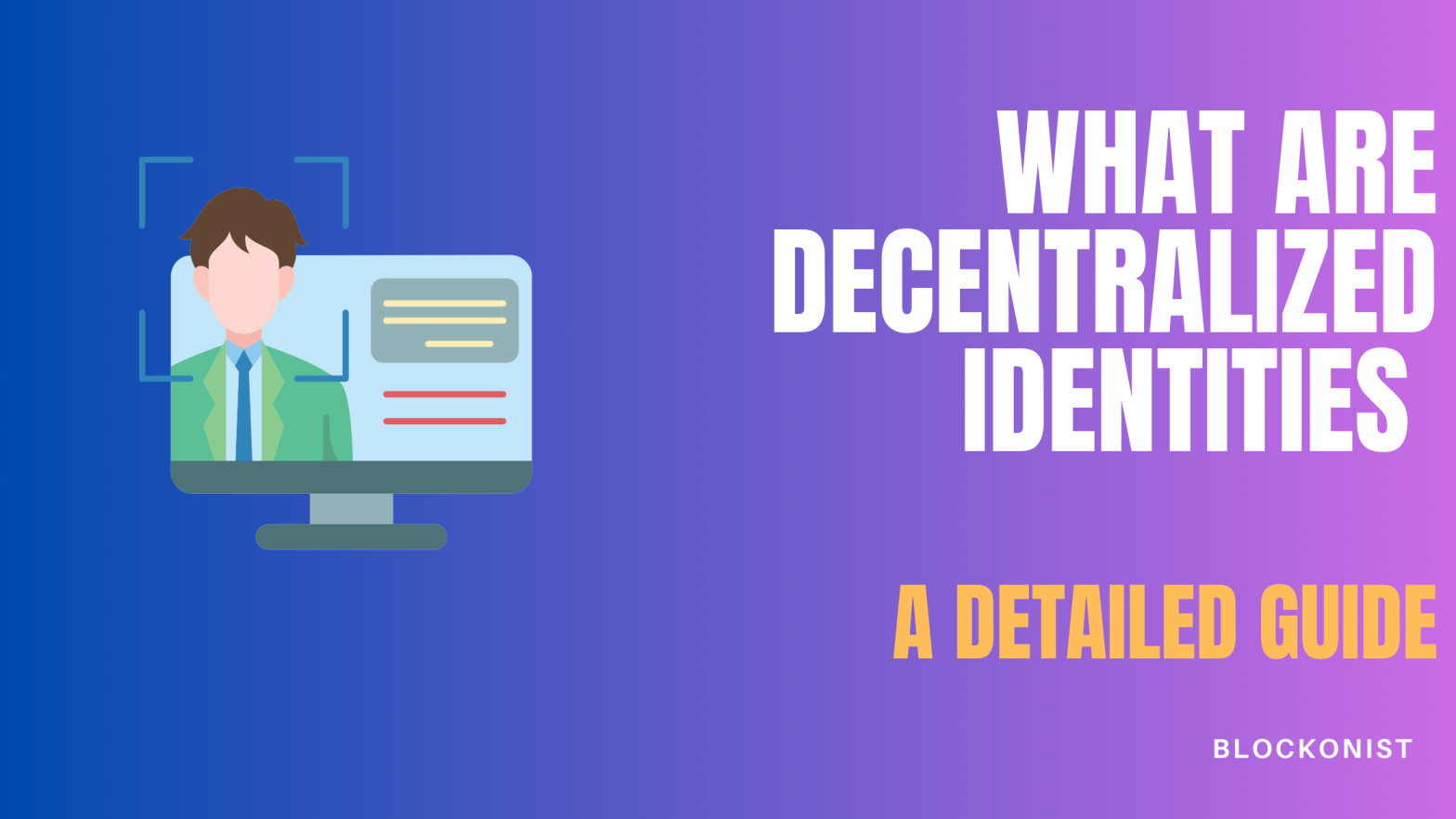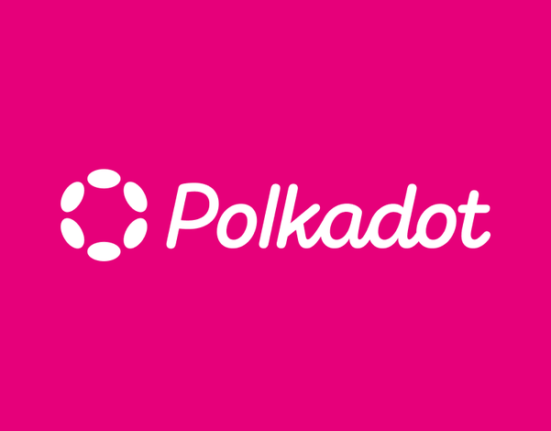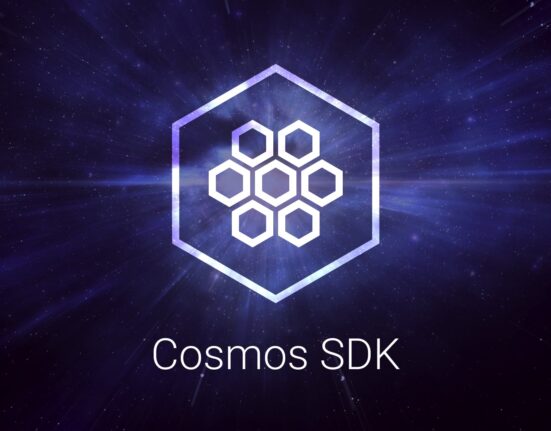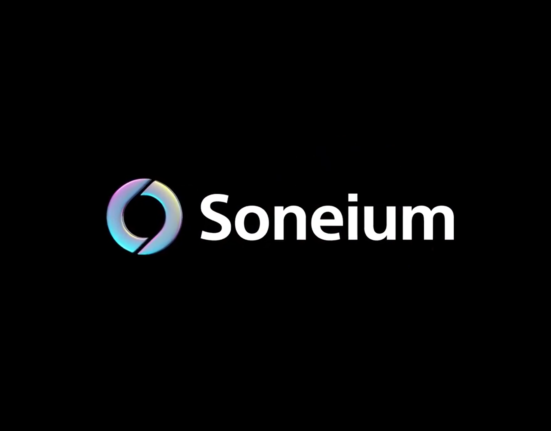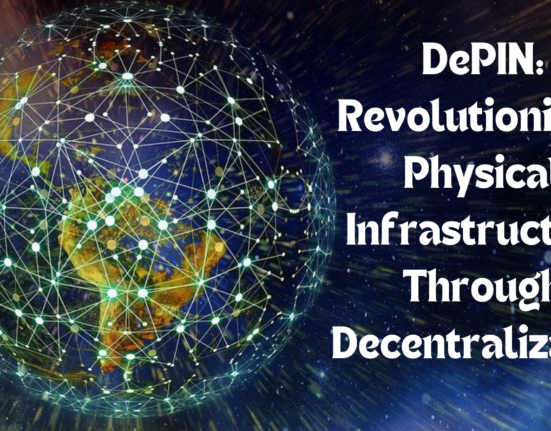In today’s digital age, our identities are intricately intertwined with the online world. From social media profiles to banking credentials, we constantly share sensitive personal information across various platforms and services. However, this centralized model of identity management poses significant risks, including data breaches, identity theft, and a lack of user control over personal data. Enter decentralized identities, a revolutionary concept that promises to reshape how we manage and safeguard our digital identities.
Contents
Understanding Decentralized Identities
Decentralized identities, often referred to as self-sovereign identities (SSI), are a paradigm shift in how we perceive and manage our digital identities. Unlike traditional centralized identity systems, where our personal data is stored and controlled by third-party entities, decentralized identities put the power back into the hands of individuals.
In a decentralized identity ecosystem, users have complete ownership and control over their personal information, eliminating the need for centralized authorities or intermediaries. This is achieved through the use of cryptographic technologies, such as blockchain and distributed ledgers, which provide a secure and immutable record of identity-related data.
Key Components of Decentralized Identities
To understand the power of decentralized identities, it’s essential to grasp the key components that make up this system:
- Decentralized Identifiers (DIDs): DIDs are unique, cryptographically verifiable identifiers that serve as the foundation for decentralized identities. Unlike traditional identifiers (e.g., email addresses or usernames), DIDs are not tied to any centralized authority or service provider.
- Verifiable Credentials: Verifiable credentials are digital attestations of various aspects of an individual’s identity, such as personal information, qualifications, or attributes. These credentials are cryptographically signed and can be verified without relying on a central authority.
- Distributed Ledger Technology (DLT): Decentralized identities leverage the power of distributed ledger technologies, such as blockchain, to store and manage identity-related data in a decentralized, transparent, and tamper-proof manner.
- Digital Wallets: Digital wallets serve as secure repositories for individuals to store and manage their DIDs, verifiable credentials, and other identity-related data. These wallets provide users with full control over their personal information, enabling them to selectively share and revoke access as needed.
Benefits of Decentralized Identities
The adoption of decentralized identities offers numerous benefits to individuals, organizations, and society as a whole:
- Enhanced Privacy and Data Protection: By giving users control over their personal data, decentralized identities significantly reduce the risk of data breaches and unauthorized access. Users can selectively disclose only the necessary information, minimizing the exposure of sensitive data.
- Increased Trust and Transparency: The use of cryptographic techniques and distributed ledgers ensures the integrity and authenticity of identity-related data, fostering trust among all parties involved in identity transactions.
- User Empowerment and Autonomy: Decentralized identities put the power back into the hands of individuals, allowing them to manage and control their digital identities without relying on centralized authorities or intermediaries.
- Interoperability and Portability: Decentralized identities are designed to be interoperable across different platforms and services, enabling seamless identity portability and reducing the need for multiple siloed identities.
- Cost Savings and Efficiency: By eliminating the need for centralized identity providers and reducing the risk of data breaches, decentralized identities can lead to significant cost savings and improved operational efficiency for organizations.
Real-World Applications of Decentralized Identities
The potential applications of decentralized identities are vast and span various industries and sectors:
Identity and Access Management (IAM)
One of the most prominent use cases for decentralized identities is in the realm of identity and access management (IAM). Traditional IAM systems rely on centralized authorities, making them vulnerable to security breaches and data misuse. Decentralized identities offer a more secure and user-centric approach to IAM, enabling individuals to selectively share their verifiable credentials with service providers, while retaining control over their personal data.
Know Your Customer (KYC) and Anti-Money Laundering (AML) Compliance
In the financial services industry, KYC and AML regulations require stringent identity verification processes. Decentralized identities can streamline these processes by enabling secure and tamper-proof exchange of verifiable credentials between individuals and financial institutions, reducing the risk of fraud and improving compliance.
Healthcare and Medical Records
The healthcare industry is a prime candidate for the adoption of decentralized identities. By leveraging this technology, patients can securely store and share their medical records and consent to data sharing with healthcare providers, while maintaining complete control over their personal health information.
Digital Credentials and Certificates
Decentralized identities can revolutionize the way we issue, verify, and manage digital credentials and certificates. From academic transcripts to professional certifications, verifiable credentials can streamline the verification process, reduce fraud, and enhance trust among all stakeholders.
Internet of Things (IoT) and Device Identity Management
As the Internet of Things (IoT) continues to expand, decentralized identities can play a crucial role in securing and managing the identities of connected devices. By assigning unique DIDs to IoT devices, organizations can ensure secure communication, authenticate devices, and mitigate the risk of unauthorized access or tampering.
Challenges and Considerations
While the promise of decentralized identities is significant, it is essential to acknowledge and address the challenges and considerations associated with this emerging technology:
- Adoption and Interoperability: For decentralized identities to reach their full potential, widespread adoption across various industries and sectors is necessary. Ensuring interoperability and standardization among different decentralized identity systems is crucial for seamless integration and user experience.
- User Education and Awareness: Decentralized identities represent a paradigm shift in how we perceive and manage our digital identities. Educating users about the benefits and proper usage of these systems is vital to foster adoption and mitigate potential risks.
- Regulatory Compliance and Governance: As decentralized identities gain traction, it is essential to establish robust regulatory frameworks and governance models to ensure compliance, privacy protection, and accountability.
- Scalability and Performance: Decentralized identity systems must be designed to handle large-scale adoption and maintain high performance levels, ensuring efficient and secure identity transactions.
- Integration with Legacy Systems: Seamless integration of decentralized identities with existing centralized identity systems and infrastructures is a crucial challenge that must be addressed to facilitate a smooth transition.
The Future of Identity Management
As we navigate the digital landscape, the need for secure, privacy-preserving, and user-centric identity management solutions has never been more pressing. Decentralized identities represent a paradigm shift that empowers individuals, enhances trust, and fosters innovation across various industries.
While the journey towards widespread adoption of decentralized identities may present challenges, the potential benefits outweigh the obstacles. By embracing this technology, we can pave the way for a future where individuals have complete control over their digital identities, organizations can streamline processes and reduce risks, and society as a whole can benefit from enhanced privacy, security, and trust.
As the world continues to evolve and our reliance on digital technologies grows, decentralized identities stand as a beacon of hope, offering a pathway to reclaim our digital sovereignty and forge a more secure and equitable future for all.
Key Components of Decentralized Identities
| Component | Description |
|---|---|
| Decentralized Identifiers (DIDs) | Unique, cryptographically verifiable identifiers that serve as the foundation for decentralized identities. |
| Verifiable Credentials | Digital attestations of an individual’s identity, qualifications, or attributes, cryptographically signed and verifiable without a central authority. |
| Distributed Ledger Technology (DLT) | Decentralized ledgers, such as blockchain, used to store and manage identity-related data in a secure, transparent, and tamper-proof manner. |
| Digital Wallets | Secure repositories for individuals to store and manage their DIDs, verifiable credentials, and other identity-related data. |
Benefits of Decentralized Identities
| Benefit | Description |
|---|---|
| Enhanced Privacy and Data Protection | Users have control over their personal data, reducing the risk of data breaches and unauthorized access. |
| Increased Trust and Transparency | Cryptographic techniques and distributed ledgers ensure the integrity and authenticity of identity-related data. |
| User Empowerment and Autonomy | Users manage |
Adoption and Implementation Strategies
To harness the full potential of decentralized identities, a strategic and collaborative approach is essential. Governments, industry leaders, and stakeholders must work together to foster an ecosystem that supports the widespread adoption and implementation of this transformative technology.
Government Initiatives and Regulatory Frameworks
Governments play a pivotal role in setting the stage for the successful adoption of decentralized identities. By establishing clear regulatory frameworks and guidelines, governments can provide a solid foundation for the development and implementation of decentralized identity solutions.
One example of a government-led initiative is the European Union’s eIDAS (electronic Identification, Authentication, and Trust Services) regulation, which aims to promote the use of secure and trusted electronic identities across member states. By incorporating decentralized identities into such frameworks, governments can facilitate cross-border interoperability, enhance trust, and drive innovation in digital identity management.
Additionally, governments can incentivize the adoption of decentralized identities by offering funding and support for research and development, as well as pilot projects that demonstrate the real-world applications and benefits of this technology.
Industry Collaboration and Standardization
Collaboration among industry leaders and stakeholders is crucial for the successful implementation of decentralized identities. By fostering open communication and cooperation, organizations can establish common standards, protocols, and best practices, ensuring interoperability and seamless integration across different sectors and platforms.
Initiatives such as the Decentralized Identity Foundation (DIF) and the Trust Over IP (ToIP) Foundation are examples of industry-driven efforts aimed at promoting the development and adoption of decentralized identity solutions. These organizations bring together experts, developers, and stakeholders to collaborate on technical specifications, use cases, and governance models.
Through industry collaboration and standardization, organizations can ensure that decentralized identity solutions are compatible, secure, and user-friendly, ultimately driving widespread adoption and unlocking the full potential of this transformative technology.
Also Read: What is SocialFi
Public-Private Partnerships
Effective public-private partnerships (PPPs) can play a pivotal role in accelerating the adoption of decentralized identities. By combining the resources and expertise of government entities and private organizations, PPPs can facilitate the development of robust and scalable decentralized identity solutions that address the needs of both the public and private sectors.
PPPs can foster an environment of innovation and collaboration, where government agencies, technology companies, financial institutions, and other stakeholders work together to explore and implement decentralized identity solutions. These partnerships can facilitate knowledge sharing, resource allocation, and the development of pilot projects that demonstrate the real-world applicability of decentralized identities.
Furthermore, PPPs can help bridge the gap between regulatory frameworks and industry practices, ensuring that decentralized identity solutions are compliant with relevant laws and regulations while also meeting the practical needs of businesses and consumers.
User Education and Awareness Campaigns
While the technical aspects of decentralized identities are crucial, user education and awareness campaigns are equally important for driving widespread adoption. Many individuals may be unfamiliar with the concept of self-sovereign identities and the benefits they offer, making it essential to raise awareness and provide clear and accessible information.
Educational campaigns can take various forms, including online resources, workshops, and community outreach programs. These initiatives should aim to demystify decentralized identities, emphasize the importance of privacy and data control, and provide practical guidance on how individuals can leverage these solutions to manage their digital identities effectively.
By empowering users with knowledge and understanding, these campaigns can foster trust and confidence in decentralized identity solutions, encouraging wider adoption and enabling individuals to take an active role in protecting their personal information.
Ecosystem Development and Integration
To fully realize the potential of decentralized identities, a robust and interconnected ecosystem must be developed. This ecosystem should encompass a wide range of stakeholders, including identity providers, credential issuers, verifiers, and service providers, all working together to create a seamless and user-friendly experience.
Integration with existing systems and infrastructures is a critical aspect of ecosystem development. Decentralized identity solutions must be designed to seamlessly integrate with legacy systems, ensuring a smooth transition and minimizing disruptions for organizations and users alike.
Furthermore, the development of a thriving ecosystem requires the creation of user-friendly tools and interfaces that simplify the management and utilization of decentralized identities. These tools should empower individuals to easily create, manage, and share their verifiable credentials, while providing robust security and privacy safeguards.
By fostering a vibrant and interconnected ecosystem, stakeholders can unlock the full potential of decentralized identities, enabling secure and seamless interactions across various domains and industries.
Moving Forward: Embracing the Future of Identity Management
The rise of decentralized identities represents a transformative shift in how we perceive and manage our digital identities. By putting control back into the hands of individuals, this technology promises to enhance privacy, increase trust, and empower users in unprecedented ways.
As we move forward, it is essential for governments, industry leaders, and stakeholders to embrace the principles of self-sovereign identities and work collaboratively to overcome the challenges and barriers that may hinder widespread adoption.
Through strategic initiatives, regulatory frameworks, industry collaboration, public-private partnerships, and user education campaigns, we can pave the way for a future where decentralized identities become the norm, fostering a more secure, transparent, and equitable digital landscape.
The journey towards a decentralized identity ecosystem is not without its challenges, but the potential benefits are too significant to ignore. By embracing this paradigm shift, we can unlock new opportunities for innovation, streamline processes, and enhance trust in digital interactions across various sectors and industries.
As we navigate the ever-evolving digital landscape, let us embrace the future of identity management and harness the power of decentralized identities to create a more secure, privacy-preserving, and user-centric world.

Subhadra, a seasoned research analyst, specializes in distilling complex developments in blockchain and AI into insightful narratives. Her expertise lies in providing a nuanced understanding of emerging technologies, making her a trusted source for in-depth and up-to-date analysis at the intersection of blockchain and AI.

